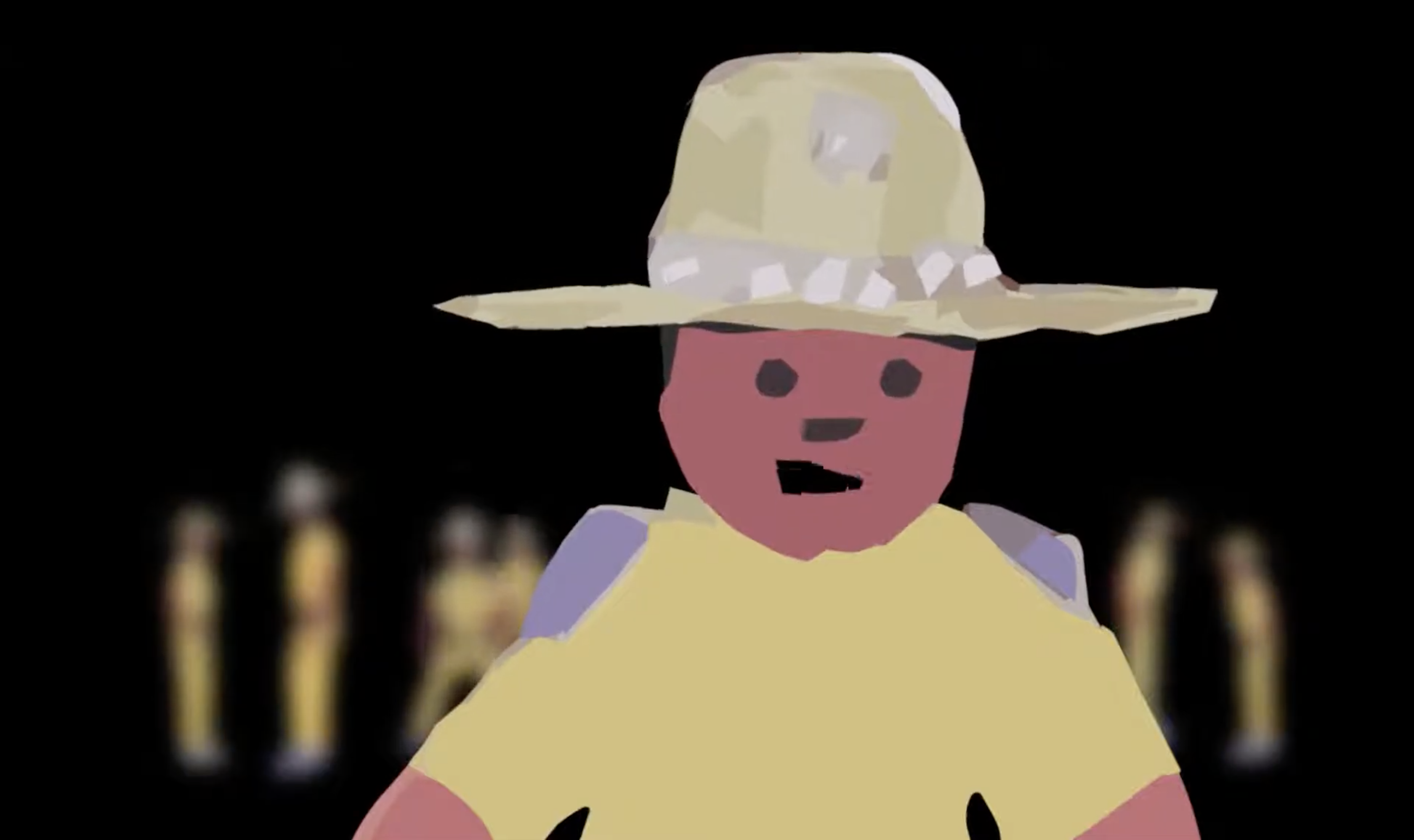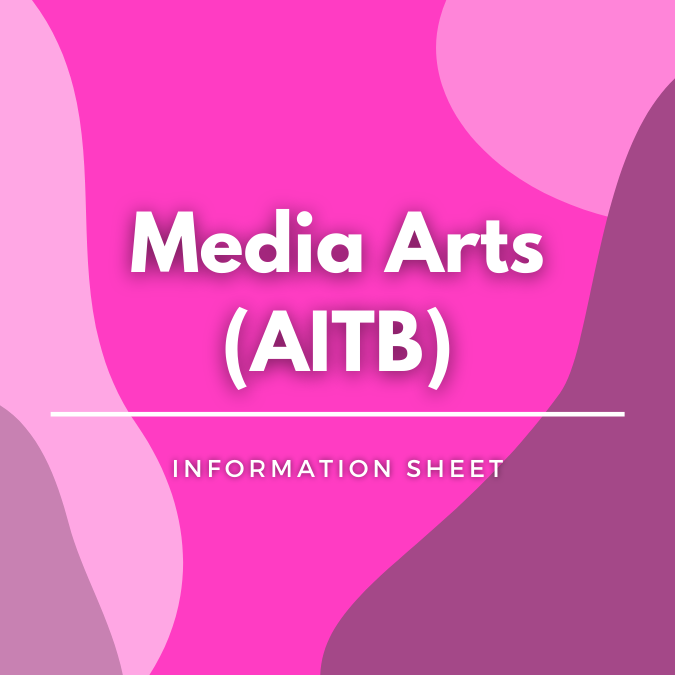SUBMISSION: Copyright Access Reform

On 25 February 2022, Arts Law made a submission to the Department of Infrastructure, Regional Development and Communications on the exposure draft of the Copyright Amendment (Access Reform) Bill 2021 and corresponding discussion paper.
The proposed reforms were about:
- Limitations on remedies for use of orphan works.
- A new fair dealing exception for non-commercial quotation.
- Updates to libraries and archives exceptions.
- Updates to education exceptions.
Arts Law previously raised concerns with some of these reforms in its response to the Copyright Modernisation Consultation Paper of March 2018 (available here). It is disappointing that those concerns have not been addressed in the current reforms. Instead, the Department has proposed reforms that are extremely damaging to the rights and fragile economic interests of Australia’s artists.
Arts Law’s submission raised three key issues. First, that the reforms economically disadvantage creators by undercutting important sources of income without any meaningful justification. Second, that the reforms erode creators’ rights to control the use of their work. Third, the lack of consultation and assessment of the effect of the reforms on Aboriginal and Torres Strait Islander artists.
Arts Law also made specific submissions on each of the proposed reform areas, specifically:
- The limitation on remedies for the use of orphan works does adequately balance the rights of copyright owners. Arts Law recommended including a compensation arrangement for past use, the right to refuse future use, and greater consideration of moral rights and Indigenous Cultural and Intellectual Property (ICIP).
- The new fair dealing exception for non-commercial quotation is unnecessary and extremely prejudicial to the rights of copyright owners. The public bodies targeted by the exception already have targeted exceptions and statutory licensing schemes available to them, and these existing options better compensate copyright owners for the use of their work.
- The expansion of the exceptions for libraries and archives erodes the rights of copyright owners to communicate their work to the public and earn income. These exceptions also fail to properly consider and protect ICIP.
- The updates to the exceptions for education, similarly, are unnecessary given the existing exceptions available to education providers for their core activities. The updates only serve to undercut licensing income that artists’ rely on.




